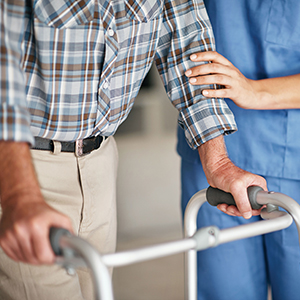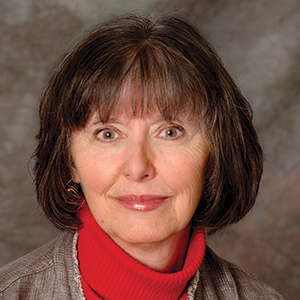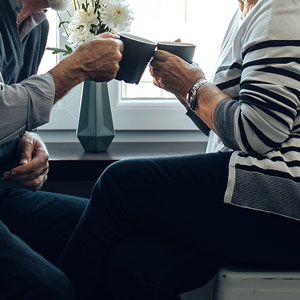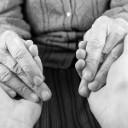-
Healthy Habits
Carb ConnectionCould consuming fewer simple carbohydrates lead to better cancer outcomes?
by Lindsey Konkel
-
Healthy Habits
Make Your MoveExercising during or after treatment can improve your health and outlook.
by Brenda Conaway
-
Forward Look
The Devastating Impact of Muscle WastingCachexia is a factor in cancer-related deaths.
by Delia O’Hara
-
Your Cancer Guide
Choose Your WorryDeciding when and what to worry about can help with gaining control over fear.
by Hester Hill Schnipper
-
Caregiving With Confidence
Making Rest RoutineHealthy sleep habits should be an important part of self-care for caregivers.
by Aimee Swartz
-
From the Editor-in-Chief
Improving Health After TreatmentThe U.S. health care system must adapt to the needs of cancer survivors.
by William G. Nelson, MD, PhD
-
Staying Close Through Cancer
Cancer and its treatment can hinder sexual intimacy, but help is available. Talking about the problem is the first step.
by Cameron Walker
-
Caregivers Need Support Too
High-intensity cancer caregiving is associated with poor mental health, especially for caregivers who don't feel they're getting the support services they need.
by Jen Tota McGivney
-
2018 SABCS: Choosing the Right Treatment
Studies presented at the 2018 San Antonio Breast Cancer Symposium investigate when patients with early-stage breast cancer or precancerous breast conditions benefit from receiving less intense treatment.
by Kate Yandell
-
Coping With Head and Neck Cancer
Patients with head and neck cancer often face physical, social and emotional issues that can add to existing mental health problems or give rise to new ones.
by Cheryl Platzman Weinstock
Cancer Talk
Treatment Combination Improves Survival in EGFR-positive Lung Cancer
Adding chemotherapy to targeted therapy improves outcomes for people with advanced EGFR-positive non-small cell lung cancer.
by Sandra Gordon
Lessons From 20 Years Living With CancerMultiple myeloma survivor Jonathan Gluck reflects on uncertainty, and the scientific progress that has kept him living with cancer for more than two decades.
by Eric Fitzsimmons
The Enduring Importance of Cancer Disparities ResearchOpening session from AACR conference highlights how perseverance and adversity have informed cancer disparities research over the years.
by Eric Fitzsimmons
Most Cancer Survivors Don’t Meet Healthy Diet GoalsDespite research linking fruits and vegetables to cancer survival, many people do not change their eating habits after diagnosis.
by Darlene Dobkowski















